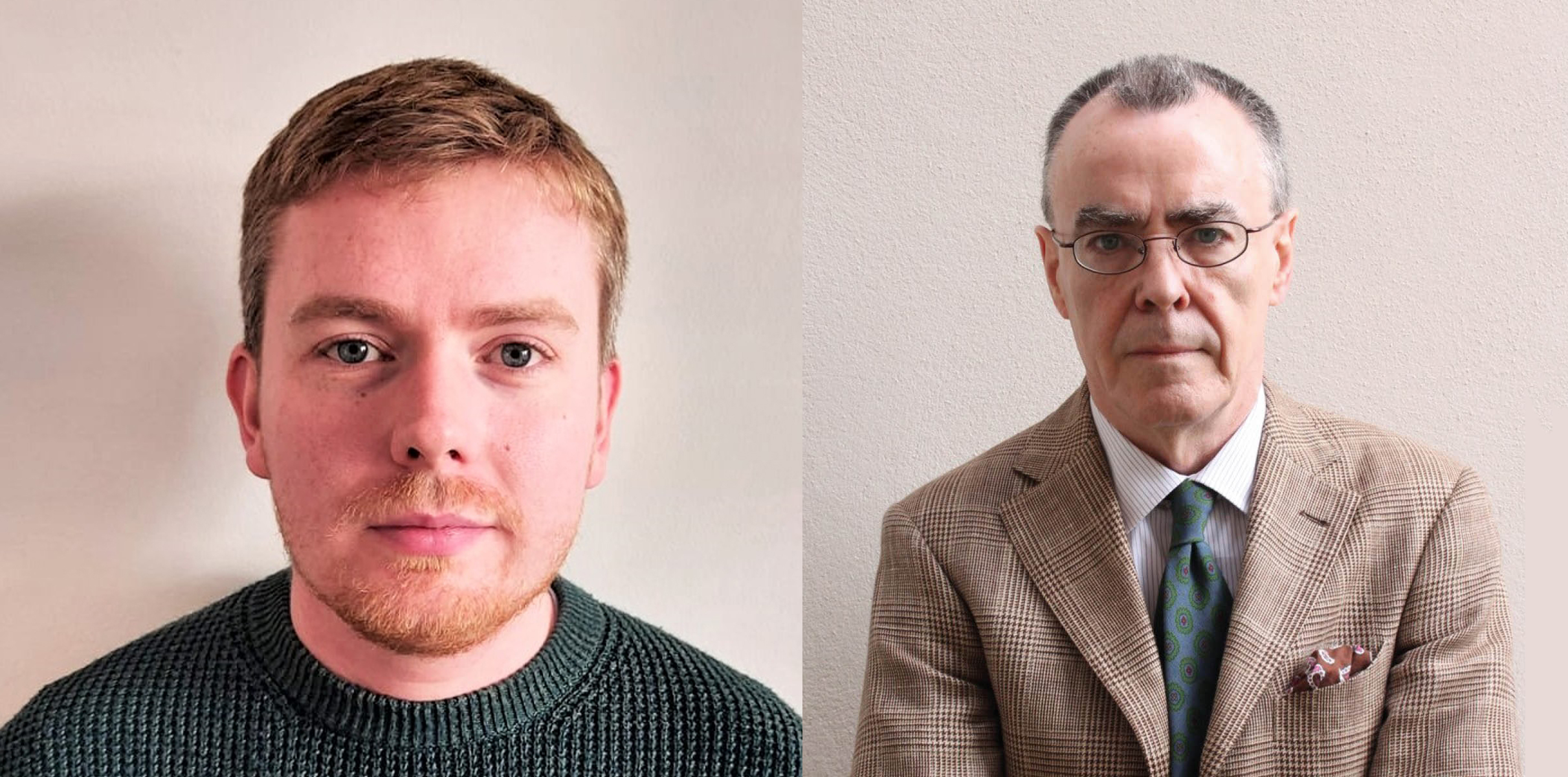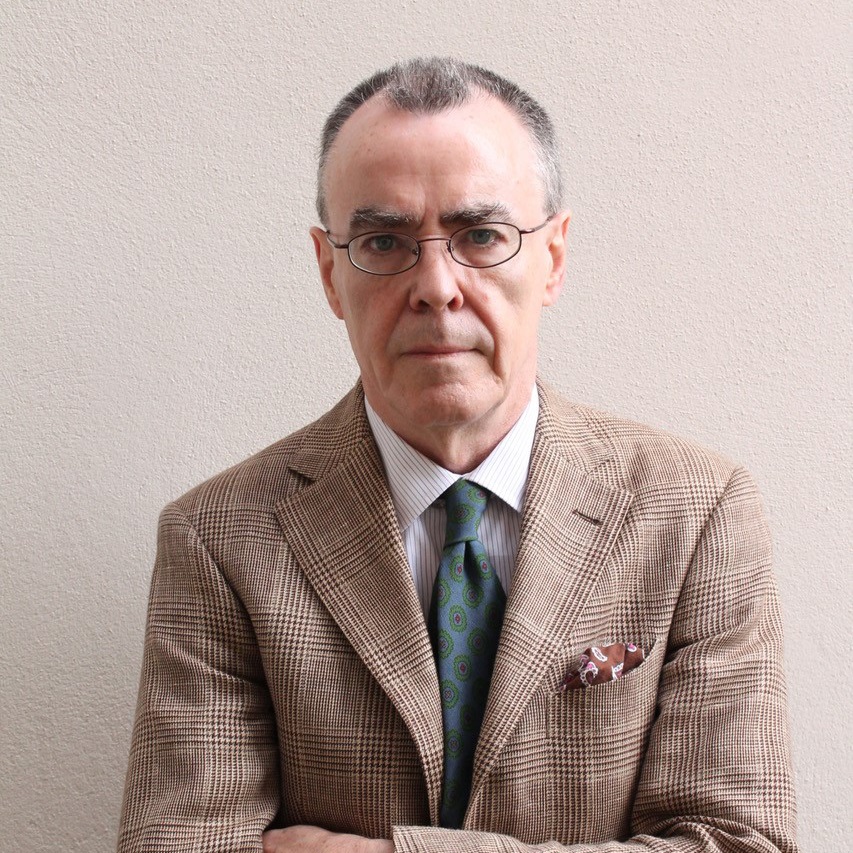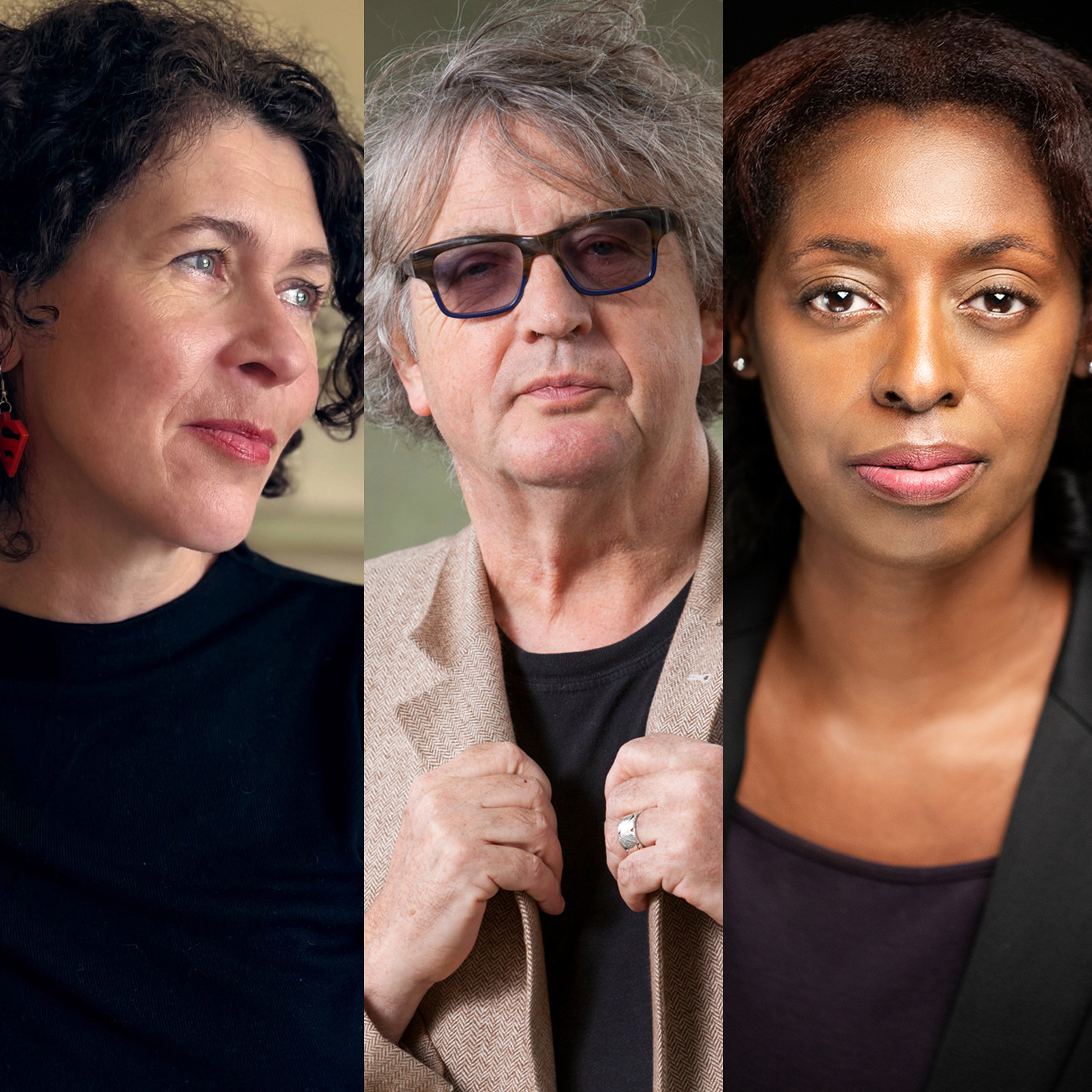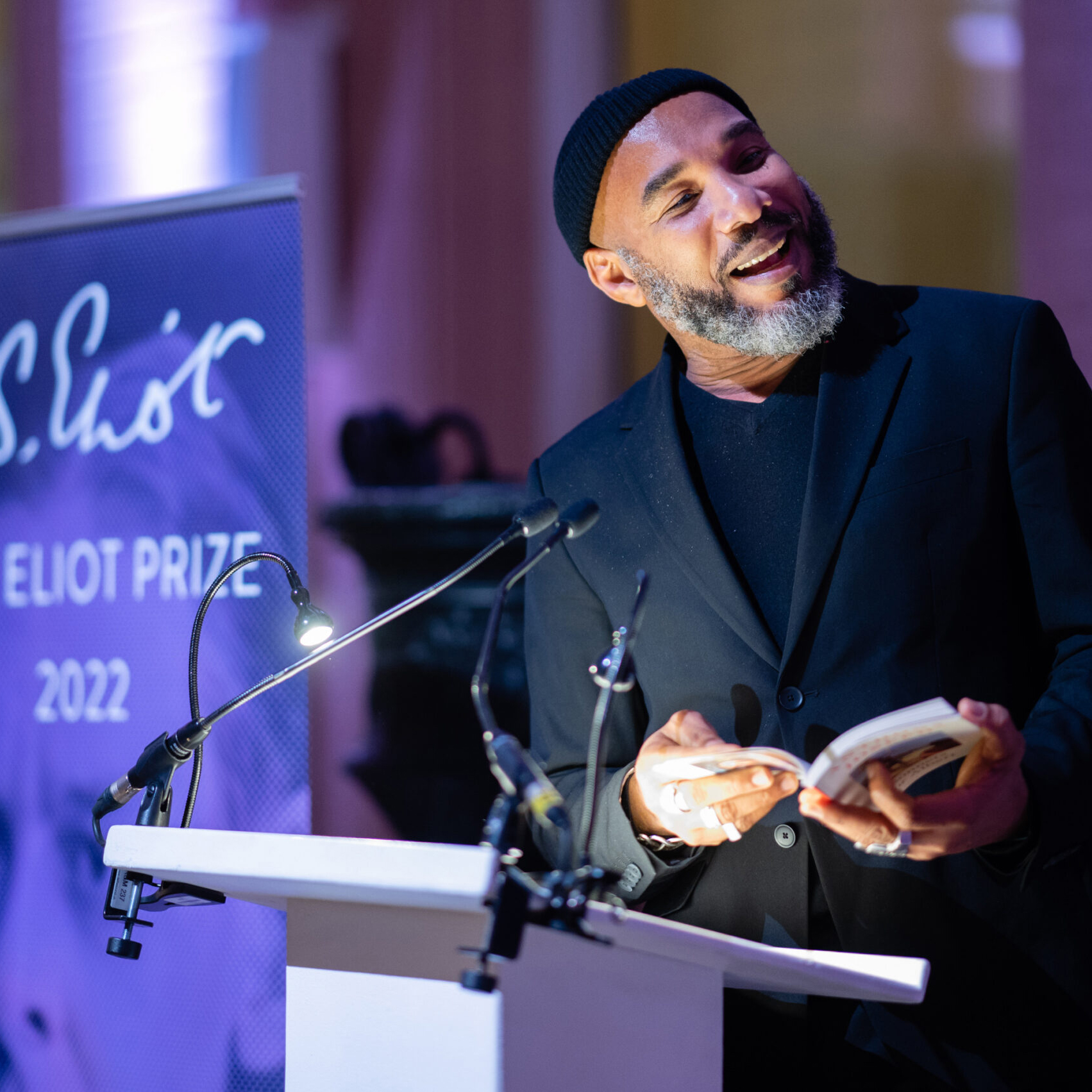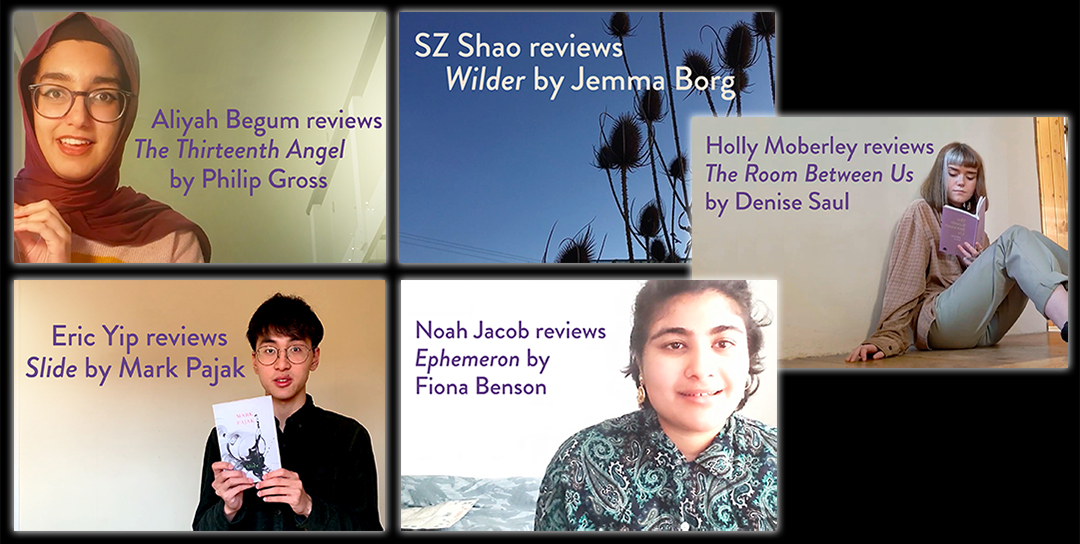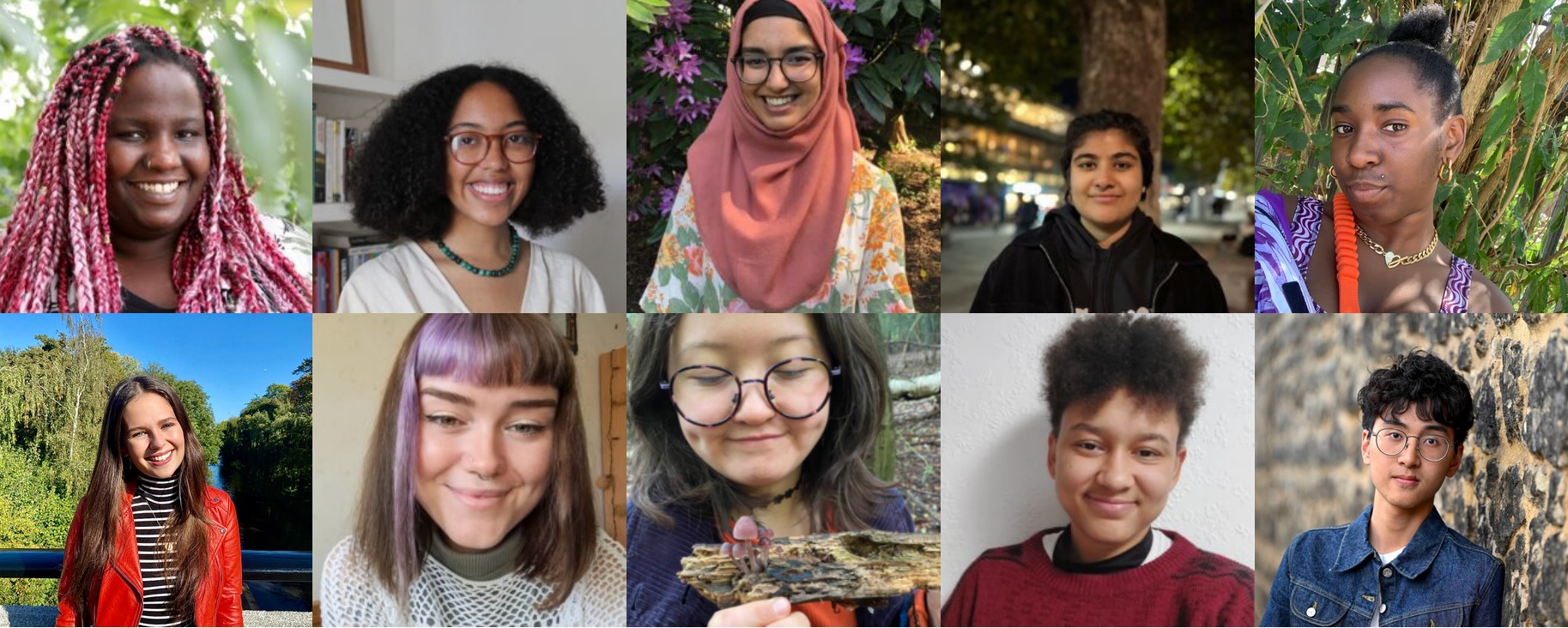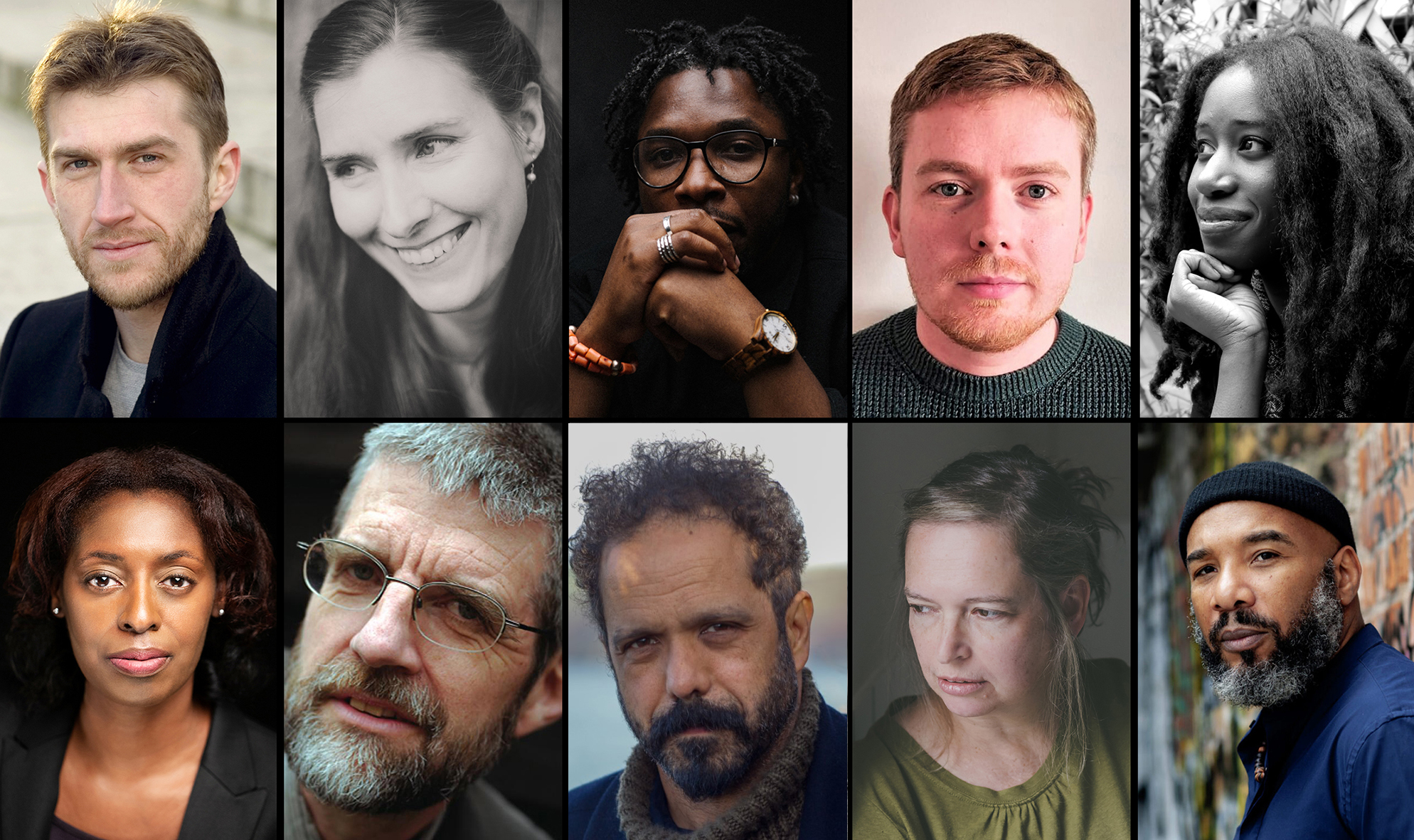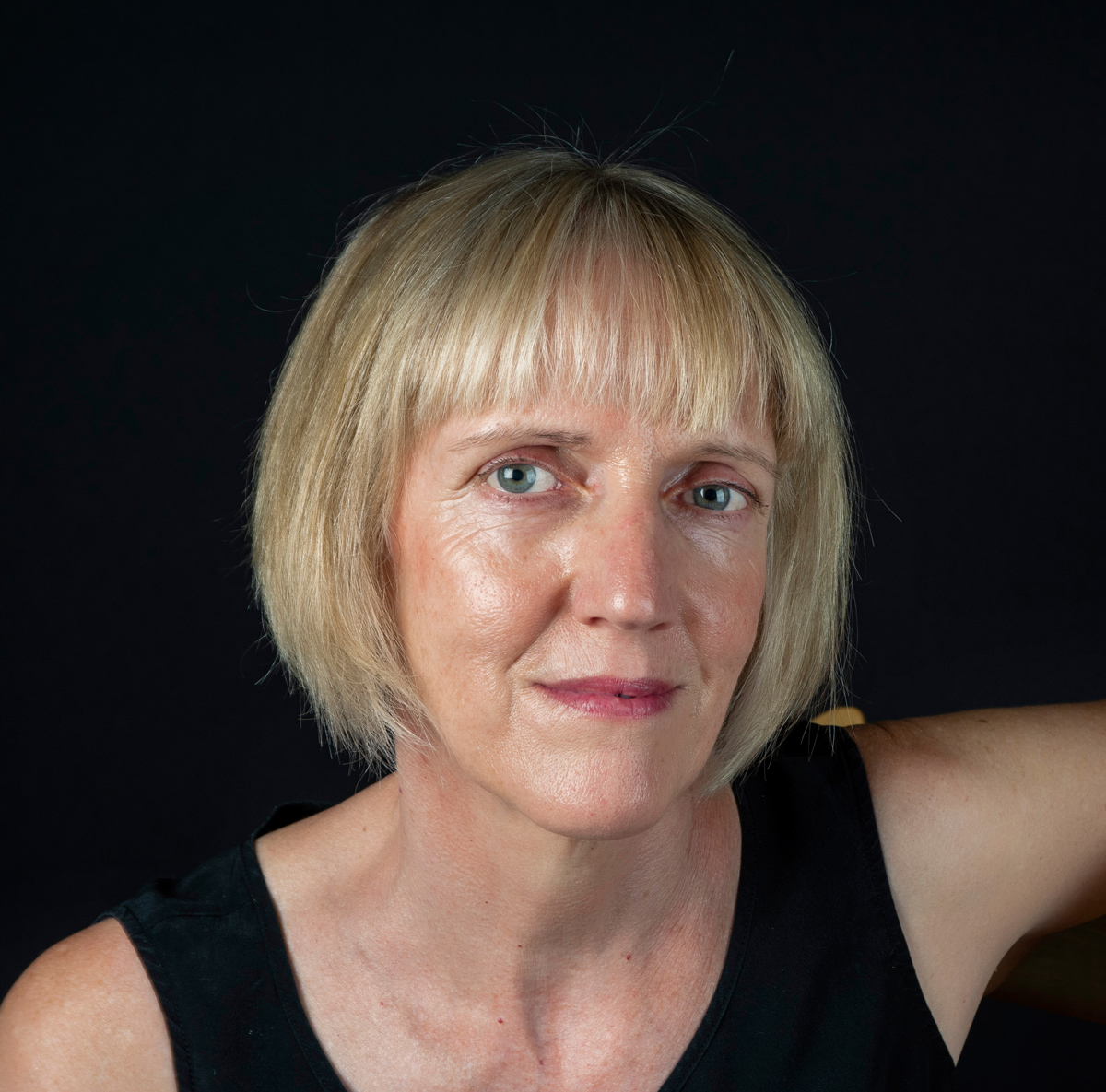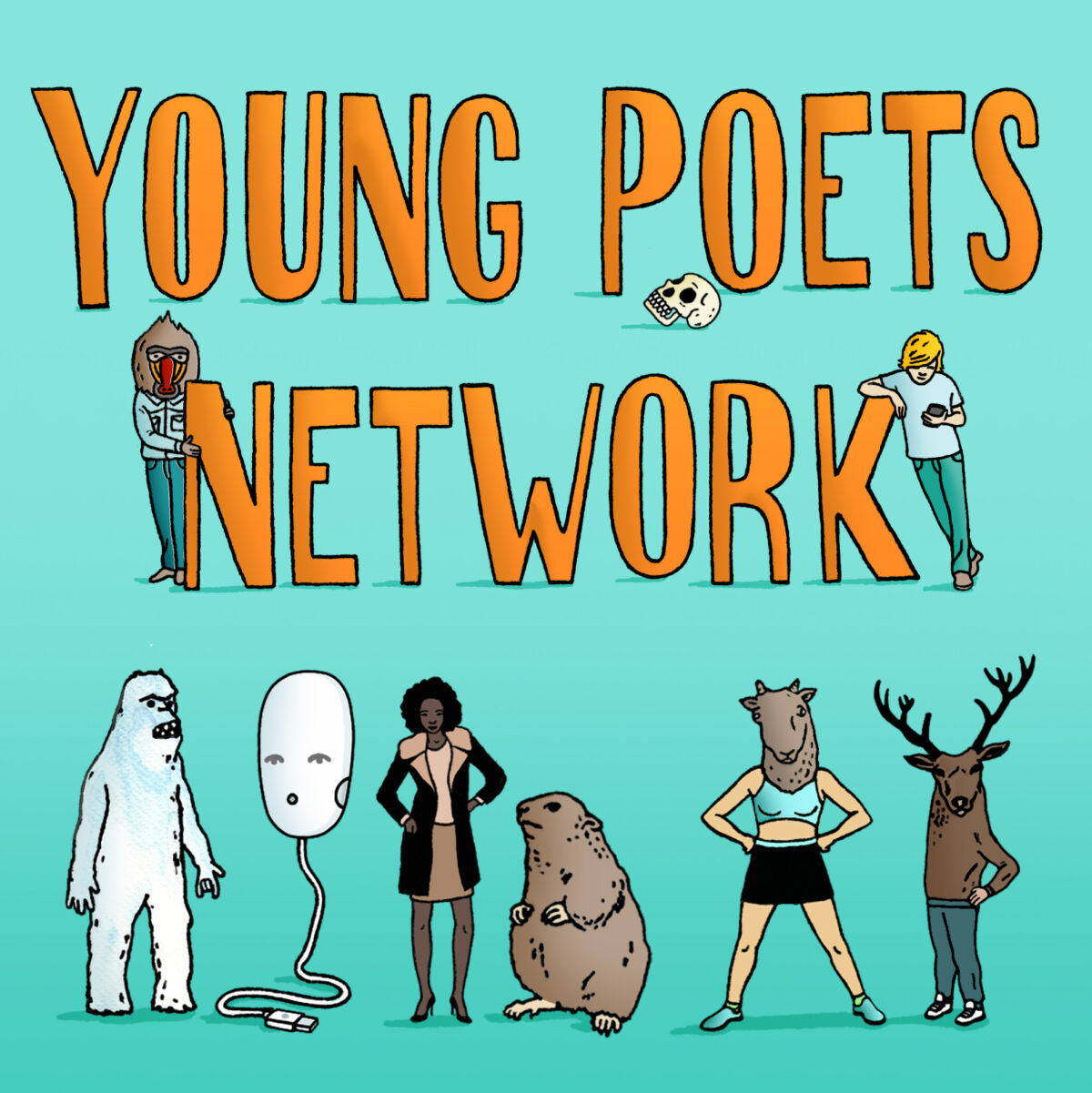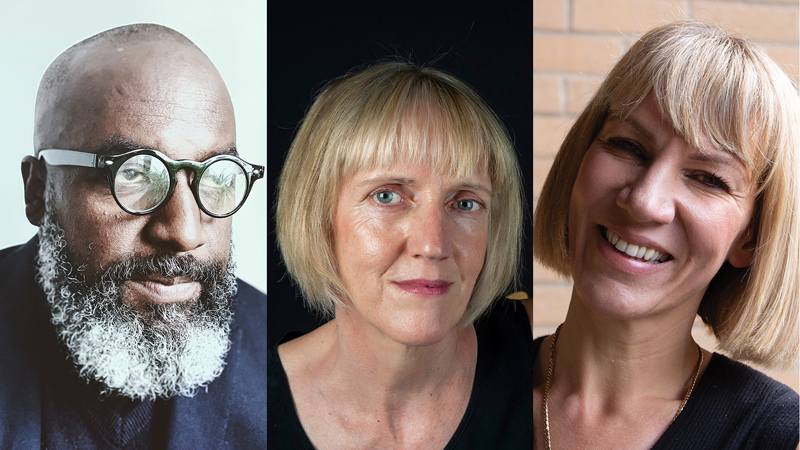T. S. Eliot Prize News
In 2023 the T. S. Eliot Prize celebrated its 30th anniversary. We marked the occasion by looking back at the collections which have won ‘the Prize poets most want to win’ (Sir Andrew Motion). First Language by Ciaran Carson (Gallery Press) was awarded the first T. S. Eliot Prize in...
The T. S. Eliot Prize and The Poetry Society have now published the first set of video reviews created by participants in the new Young Critics Scheme.
We’ve just received the first of the Young Critics’ filmed review of this year’s shortlisted titles and we couldn’t be more impressed and enthused!
Judges Jean Sprackland (Chair), Hannah Lowe and Roger Robinson have chosen the 2022 T. S. Eliot Prize shortlist from a record 201 poetry collections submitted by British and Irish publishers. The eclectic list comprises seasoned poets, including one previous winner, and five debut collections. Victoria Adukwei Bulley – Quiet (Faber &...
Would you like to be among the first to hear which collections have been shortlisted for the T. S. Eliot Prize 2022? Then join Jean Sprackland, chair of judges, at a free event at this year’s Cheltenham Literature Festival. Jean will announce which ten collections she and her fellow judges...
The T. S. Eliot Foundation is delighted to announce the judges for the 2022 Prize. The panel will be chaired by Jean Sprackland, alongside Hannah Lowe and Roger Robinson The 2022 judging panel will be looking for the best new poetry collection written in English and published in 2022....
